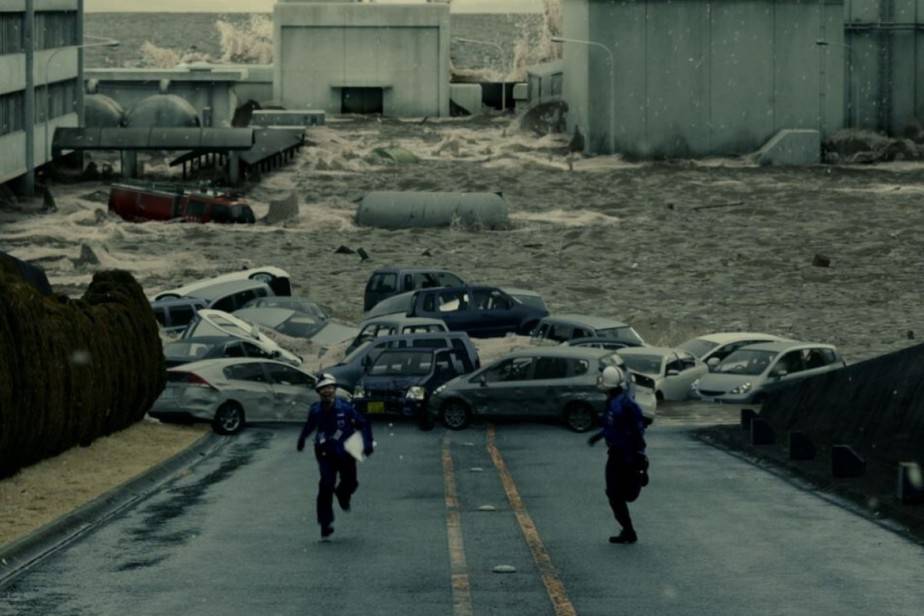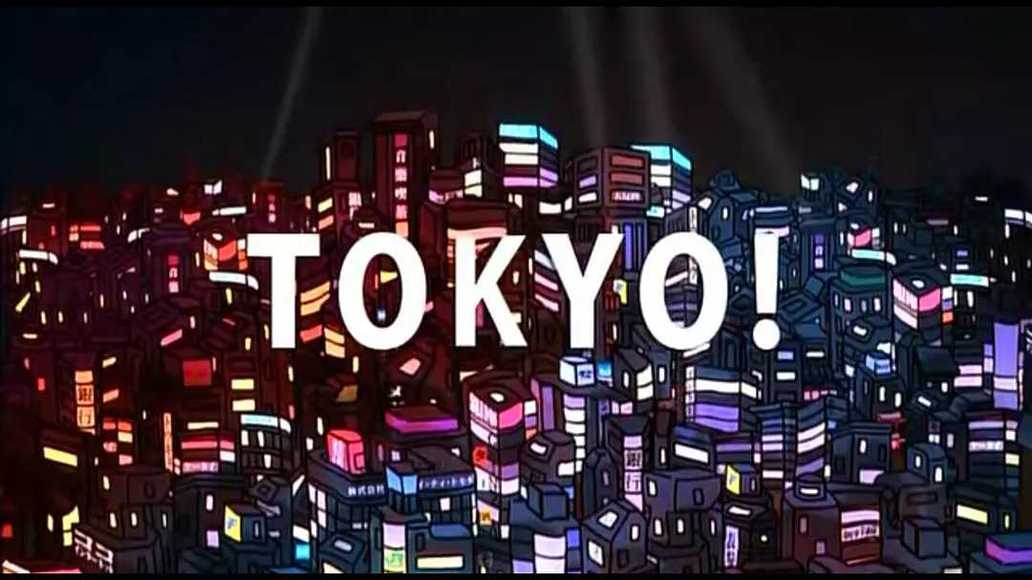„Fukushima 50” – the movie's title – is a nickname that English-language media used to describe a group of employees at the Fukushima Daiichi Nuclear Power Plant, who still worked on-site after the evacuation of most of the staff to prevent further fatal consequences of 2011 disaster. Although the number of people at the plant rose significantly (to few hundred) after several days, when additional manpower was sent from around the country, the pseudonym stayed – to underline the sacrifice of the frontline workers and their solitary fight. And as one may expect, Setsuro Wakamatsu's feature covers the events which followed the fateful earthquake and tsunami focusing on the people factor.
Fukushima 50 is screening at Japan Cuts

The screenplay is based on the non-fiction well-researched book by the journalist Ryūshō Katoda “On the Brink: The Inside Story of Fukushima Daiichi”, giving the insight into the matter through around 100 interviews with e.g. frontline staff, TEPCO officials and even the former Prime Minister Naoto Kan. Though, which seems a bit baffling because of this kind of strong source material, the characters are just loosely inspired by their real counterparts. Ken Watanabe as the site's superintendent Masao Yoshida is the sole Fukushima employee character shown under his own name. Watanabe, along with Koichi Sato cast as a shift supervisor, takes the lead, while others are more like a collective protagonist.
A decade-after perspective, when many words have already been written or said, was a unique opportunity to reflect on the reasons, circumstances, and the course of the catastrophe. Not only what actually happened is interesting, but also the huge social outrage caused by the unprecedented breakdown of a technology which, in modern times and with lessons learned from the past, was supposed to be fail-safe. Unfortunately, “Fukushima 50” is the lost opportunity. At some level, it works as a step-by-step (or rather blast-by-blast) chronicle of a crisis-management, but it fails to deliver anything more than generic frames. The director takes no time to build a back-story for his characters. The movie quite literally starts with an earthquake and then tsunami follows. As a result, the viewer is put in the plant's control room with a group of unknown people, and it is difficult to form an emotional connection with them in all the sprawling chaos.
The central point is the battle to prevent a reactor meltdown, among the failing control systems and the initial lack of any electric power. We observe the efforts to control the situation when everything seems to fall apart. There are blasts, inevitable victims, and heroic attempts to cool down the reactor, with volunteers risking their health for the sake of others – but all that lacks spark.
For most of the screen-time we are locked inside the plant grounds and shelter – and sets are impressively reconstructed. Occasionally the camera shifts to TEPCO headquarters, where suited men put economic calculations above the reason or to a cabinet of a US diplomat – a talking-head making phone calls in repeatable scenes. And of course – the medley of inevitable newsreels. We won't see how the citizens reacted and how the public felt about the danger, which is a big miss.
The movie works definitely better when the big-budget thrills are happening. In between, a load of pathos in dialogues at times is tough to bear. So is the number of direct mentions about the workers' unparalleled sacrifice.
The director and the writer (Yoichi Maekawa) play safe and are hesitant to form serious accusations against any potential culpable. At some point, there is a reflection – all that happened, as we underestimated the mother nature. To be honest, for me in the nature vs people slash atomic category “Shin Godzilla” has much more to offer.















